By Swati Deb
Notwithstanding all the brouhaha about championing the cause of Hindutva and avenging the perceived ‘injustice’ of history, the 2002 anti-Muslim mayhem in then Narendra Modi-ruled Gujarat had brought in a crisis like situation for the BJP.
The party’s image had taken a serious beating wherein even the then Prime Minister Atal Bihari Vajpayee had lamented, “main kaun sa chehra leke videsh jaoon (With what face should I go abroad)”. Vajpayee had made the observation addressing riot victims at a relief camp.
In fact, Vajpayee and few like him, Shanta Kumar, the then Union Minister, were being stonewalled from making any move for replacing then Gujarat Chief Minister Narendra Modi, whose handling of post-Godhra riots was always questionable.
The hardliners, and ironically that included L K Advani, then a powerful union Home Minister, wanted to retain Modi as against the wishes of Vajpayee believing that discarding hardline Hindutva agenda would be suicidal. This was the time when Modi himself told BJP leaders and enthusiastic party cadres in the backyards of his state, “why should we be apologetic about Hindutva”.
The riots had started on 28 February, 2002 a day after the Sabarmati Express train compartment S-6 inferno that claimed at least 58 lives of ‘Ram Bhakts’. By the third week of March (2002), hundreds had died and Modi was summoned by Vajpayee, who also ordered him to end the unprecedented cycle of violence.
“Yeh pagalpan bandh hona chahiye (This insane rage should stop),” Vajpayee had told Modi in presence of top party leaders L K Advani, Dr M M Joshi, Jaswant Singh, Pramod Mahajan and also the likes of George Fernandes (then Defence Minister).
The year was also slated for Presidential election. The saffron think tank got into business. Most BJP and NDA leaders were in favour of elevating the then Maharashtra Governor, P C Aleaxander, to the Rashtrapati Bhavan. The general refrain in BJP camp being “a Christian President” could stonewall chances of Sonia Gandhi’s march to prime ministership as country would not stomach a ‘Christian’ President and a ‘Christian’ Prime Minister.
Understandably, the proposal was initially mooted by Pramod Mahajan, the late BJP backroom operative. “Some of us believed in those arguments even as for her part Sonia Gandhi by 2002 had done enough to prove her Hindu credential and taken holy dip at Prayag and also made enough visits to Tirupati temple,” says a party old timer.
But the saffron strategists and the irreplaceable George Fernandes did not miss the point that gradually the mood in the country among political class and in the media was that BJP is “anti-Muslim”. A man who loved to play ‘moderate’ Hindu mascot, Vajpayee was against this and he reportedly counseled Pramod Mahajan and his confidant Brajesh Mishra to make alternative plans so that this anti-Muslim image is countered.
Subsequently, some names were discussed and that list included Dr APJ Abdul Kalam. But no BJP leader and even George Fernandes was confident that Kalam would oblige to play a political game.
Late Pramod Mahajan, Brajesh Mishra and Advani apparently thought it would be “good” if Kalam’s name for presidentship was first suggested by a “certified secular leader”, a phrase borrowed from Mahajan.
After few days, it was left to Mulayam Singh Yadav, whose bitterness with Sonia Gandhi was by then legendary. Mulayam Singh called on Vajpayee at 7 RCR and he and his trusted aide Amar Singh later revealed to the media that the socialist leader had favoured Kalam to be the next President. Tactfully, the first story to the media was “sourced to Samajwadi sources”.
“The suggestion of Kalam’s name by Mulayam Singh Yadav came as a Godsend opportunity. Vajpayee too liked it and he deputed Mahajan to convince Kalam,” later remarked a senior BJP leader.
It was certainly a last minute permutation and combination. TV channels were already running stories and even profile on the life and works of P C Alexander saying the Maharashtra Governor would soon resign to announce his candidature. A section of BJP and also the media played more of a guessing game and did not rule out the elevation of the then Vice President Krishan Kant. Even the late Chandrashekhar, former PM, had his own reasons to believe that his “compatriot of many years and onetime member of young Turk” could become President of India. TDP, then extending outside support to Vajpayee government, also was not against the idea of Krishan Kant as the next Rashtrapati. N Chandrababu Naidu ha good rapport with Krishan Kant during latter’s tenure as Andhra Pradesh Governor.
But Vajpayee brushed aside all other names and once Kalam seemed to have given his nod, even at the risk of displeasing Krishan Kant, the missile man Kalam’s name was proposed as NDA candidate for Presidentship.
With Samajwadi Party of Mulayam deciding to go with the candidature of Kalam, the Left parties “felt ditched”. A loosely announced ‘People’s Front’ of Samajwadi Party and the Left soon became a history.
“This was considered a master stroke by BJP. The blot of 2002 was too big and scary. We thought the Muslim anguish against BJP would wane out soon as we gave up all hardline sentiments and made Kalam the Muslim President of India. Even Narendra Modi welcomed Kalam’s candidature,” says a BJP leader.
In the process, APJ Abdul Kalam won the race defeating 2002 presidential election with an electoral vote of 922,884, as against 107,366 votes won by freedom fighter Lakshmi Sahgal of the Left parties.
A rather helpless P C Alexander was forced to eat humble pie and after some tongue lashing at Congress leaders he later moved to the Rajya Sabha from Maharashtra as an independent member.


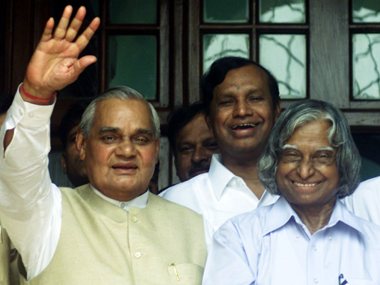)




)
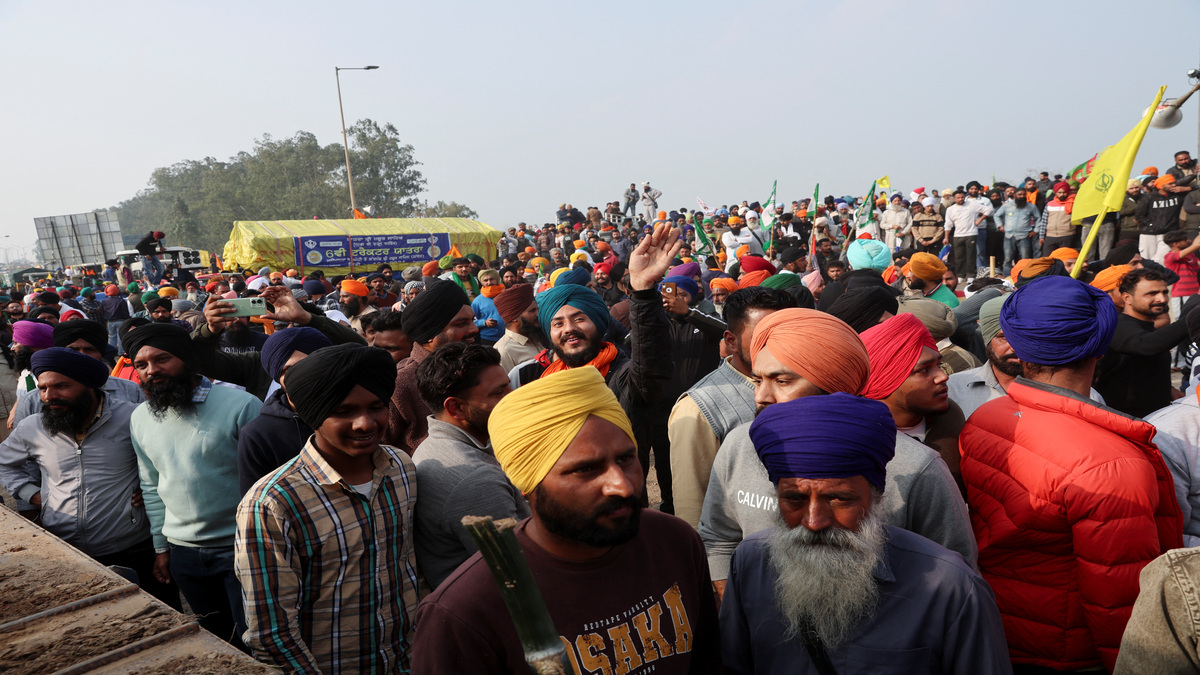)
)
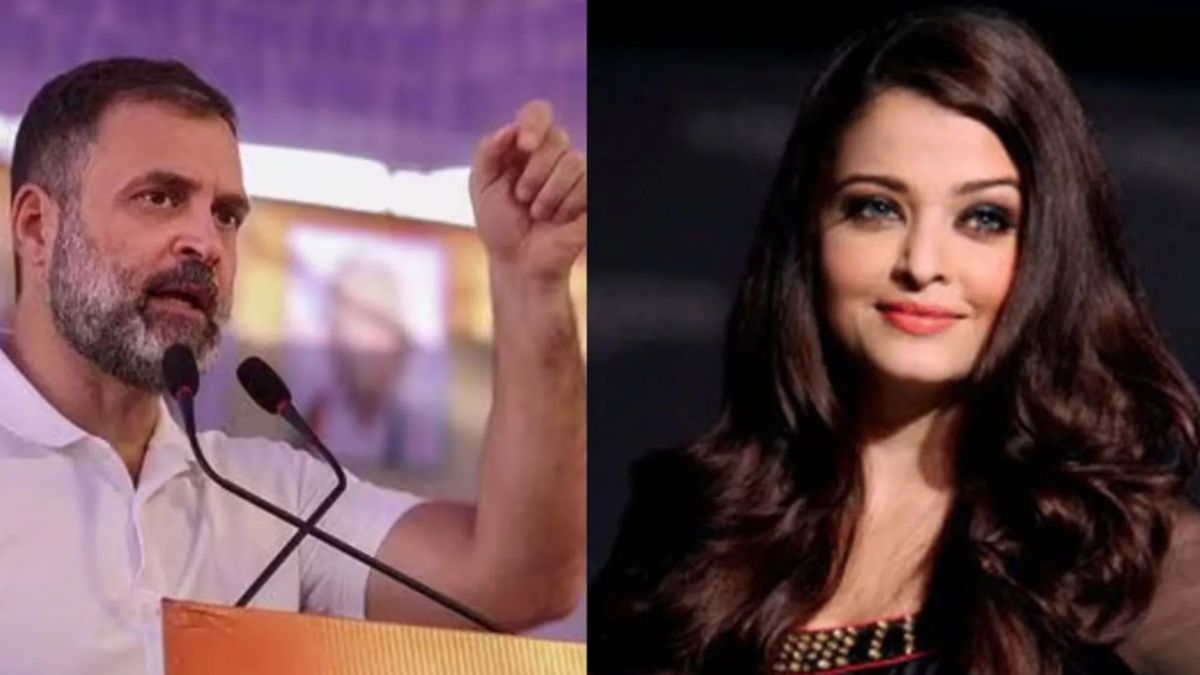)
)
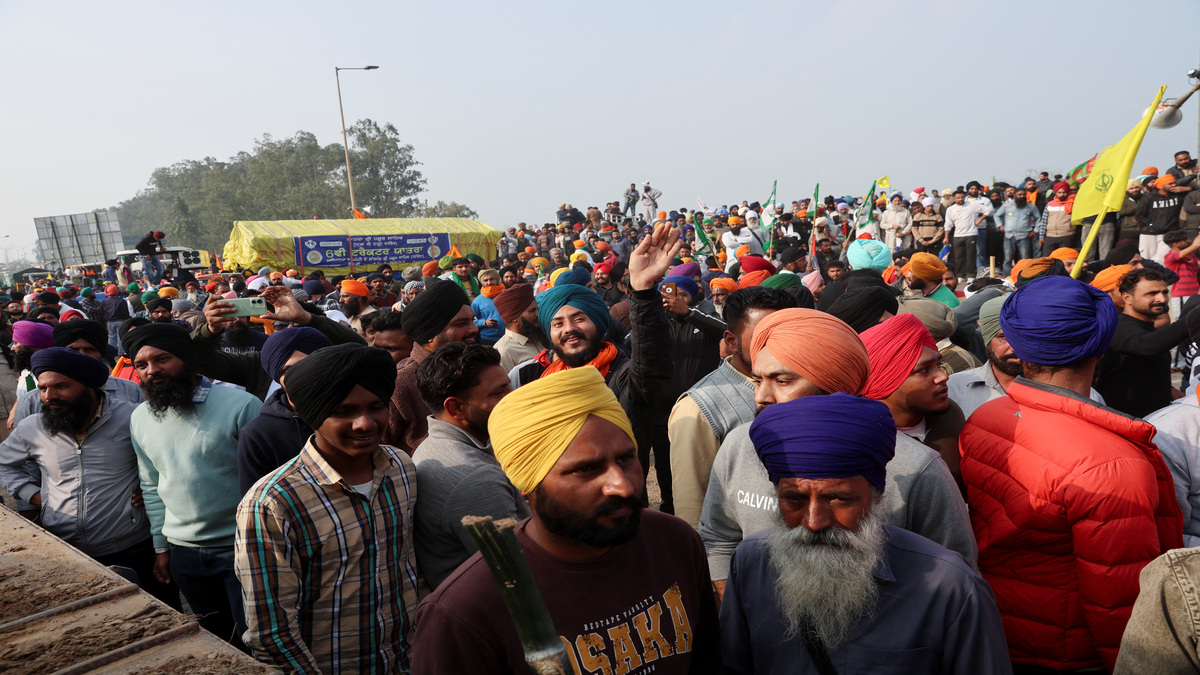)
)
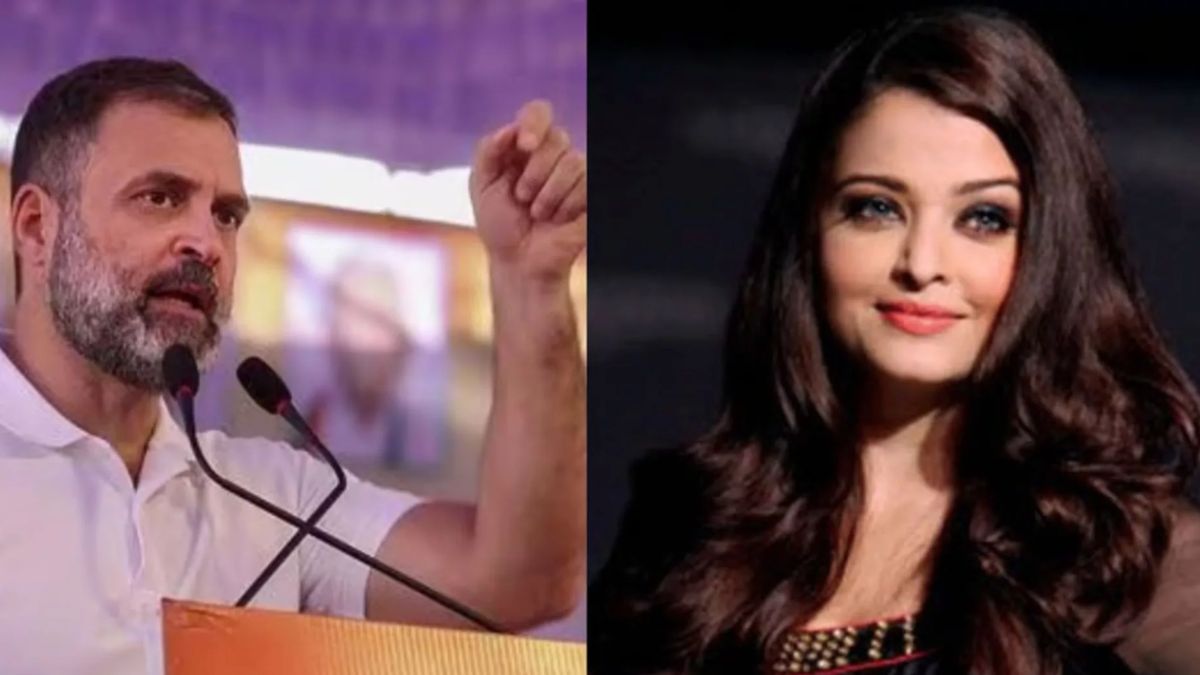)